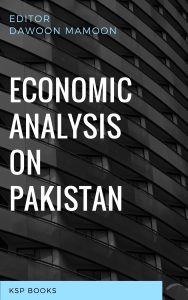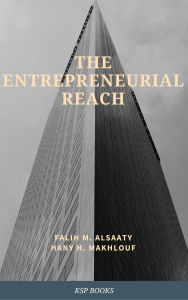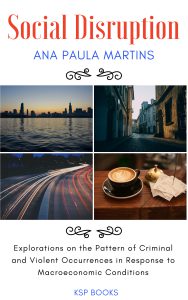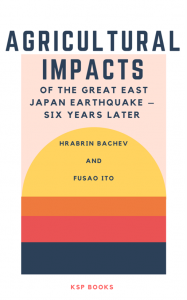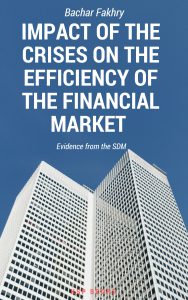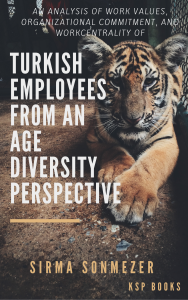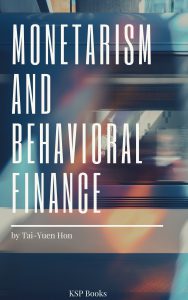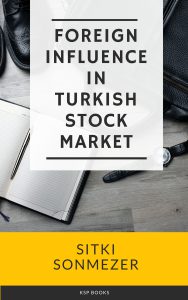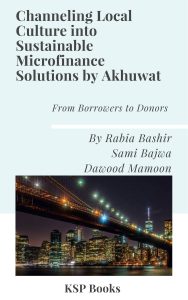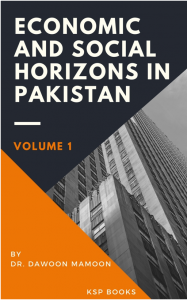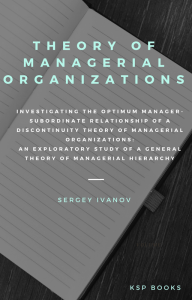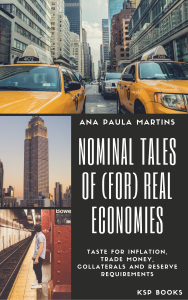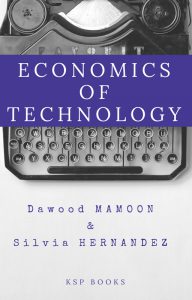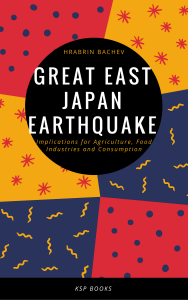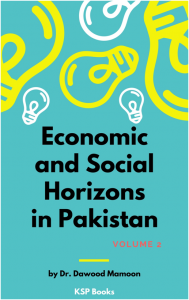The Solution is Full Reserve / 100% Reserve Banking
Synopsis
The term full reserve (FR) refers here to the system advocated by the following, among others.
1. Laurence Kotlikoff, economics professor in Boston. See Kotlikoff (2012). However, for a quick introduction to Kotlikoff’s ideas see Klein (2013).
2. Richard Werner, economics professor in Southampton, UK. See Werner (2011).
3. Milton Friedman. See Friedman (1960, Ch3, starting at heading entitled “Banking Reform”).
4. James Tobin, economics Nobel Laureate. See Tobin (1985&1987).
5. Merton Miller, economics Nobel Laureate and co-author of the “Modigliani-Miller” theory.
6. Ben Dyson, founder of Positive Money. See Dyson (2012).
7. John Cochrane, economics professor in Chicago. See Cochrane (2013).
8. Irving Fisher, professor of political economy at Yale in the early 1900s. See Fisher (1936).
FR is sometimes called “100% reserve banking”, while German speakers use the word “Vollgeld”.The following few paragraphs are a brief summary of FR.
Commercial banks create money when they make loans, as explained by an article published by the Bank of England – McLeay (2014) And that freedom to create money is a subsidy of banks, for reasons given by for example Huber (2000, p.31, 2nd paragraph). As Huber says, if commercial banks can simply print the money they lend out, rather than obtain such money in the same way every non bank firm obtains money, i.e. earn it or borrow it, then commercial banks can lend at an artificially low rate of interest. Or to put it more strongly, as explained by the Nobel laureate economist, Maurice Allais, private money creation amounts to counterfeiting (See Phillips, 1992).
Another flaw in the existing bank system is that it breaks a widely accepted principle namely that it is not the job of taxpayers to rescue commercial ventures which go wrong. That is, while everyone has a right to a totally safe method of lodging and transferring money, and while that activity is not inherently commercial, anyone who wants their bank to lend on their money so as to earn interest is clearly into commerce, in exactly the same way as where they deposit money with a private pension scheme, stockbroker, mutual fund / unit trust, or buy corporate bonds. For governments to offer taxpayer backed deposit insurance for banks which invest or lend on money while not offering the same service for mutual funds etc which do the same is a glaring inconsistency.
Contents
About Author
ISBN
978-605-2132-59-3
Date of Publication
December 15, 2018
File Size: 1191 KB
Length: ix + 72 pages
This work is licensed under a Creative Commons Attribution 4.0 International License.

